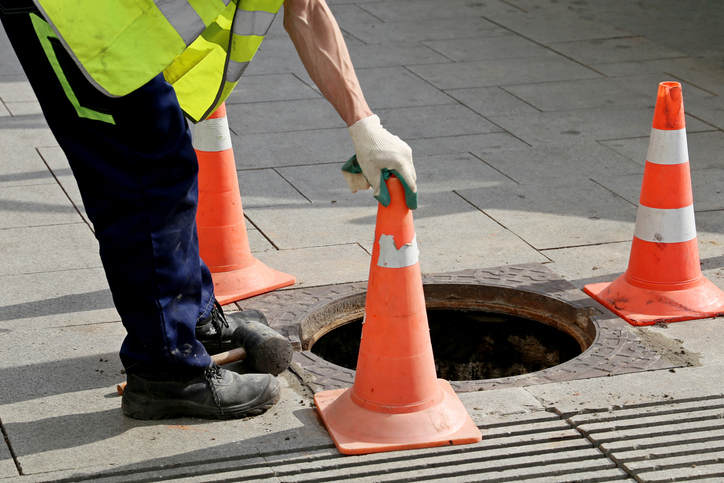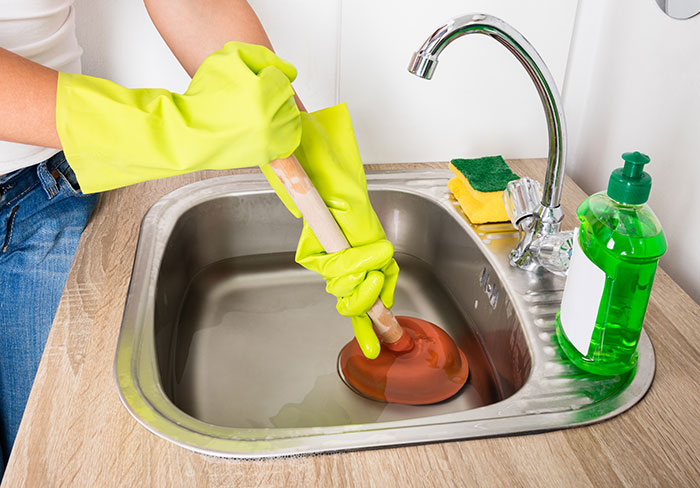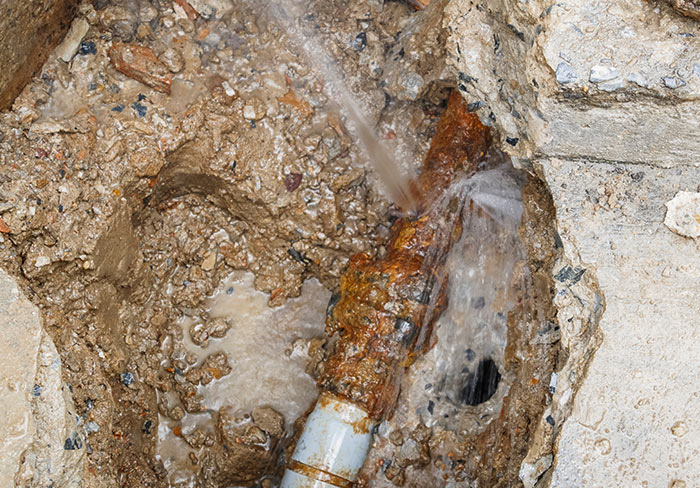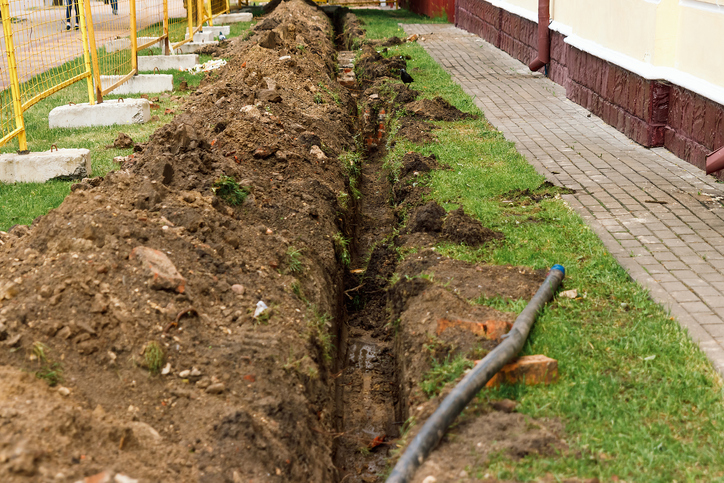Our sewerage system may not be the most glamorous topic of conversation, but it does play a vital role in creating hygienic communities and shaping a city’s growth. You might even call them a hidden, underground gem!
Here in Ipswich alone, over 242,000 people shower and flush the toilet each day – without giving it a second thought. So when there are problems, they need to be fixed FAST. Our sewer relining technology is ideal as there is no need to dig, making it the ideal solution.
But how did we get here? Let’s delve a little deeper, ass these intricate networks of pipes and treatment plants have a super interesting story to tell.
And we know it better than most, thanks to the sewer relining service we provide!
Fun Facts about the Ipswich Sewer System
Here are just some tidbits of trivia for you about our sewers:
- It’s a 3400 km pipe network that spans across the Ipswich corridor, with four treatment plants processing the waste in Goodna, Bundamba, Carole Park and Rosewood.
- Collectively, the four plants treat 40 megalitres of sewage per day … the equivalent of 16 Olympic swimming pools!
- It’s not just organic waste that is processed. Every bottle of shampoo, tube of toothpaste, and chemical that goes down the drain makes its journey through the system too.
- The waste is purified to be even cleaner than tap water. In fact, some farmers reject it due to no nutrients being left!
A Trip Down Memory Lane
Believe it or not, there was once a time when every home utilised a cesspit – a sealed, underground tank that collected waste. These had to be emptied regularly, and it wasn’t unusual for the contents to trickle out and make a real mess.
Fortunately, things have come a long way since then!
Ageing Pipes can be fixed with Sewer Relining!
- In the late 1800’s: Sydney and Melbourne began implementing sewers, but Brisbane held off due to its smaller population and the cost. Instead, ‘earth closets’ (aka outdoor dunnies) were mandated.
- 1904: The City of Ipswich was established.
- 1915: Brisbane city’s first S1 Main Sewer pipe was laid by hard rock miners from Gympie and Ipswich.
- 1924: Nine years later, thanks to delays caused by World War 1, the S1 pipe was complete.
- 1937: Construction began on the Ipswich sewerage system, with waste initially directed to a treatment plant at Tivoli. As Ipswich and its sewerage network expanded, treatment plants were built at Rosewood, Goodna, Carole Park and Bundamba.
- 1980: Brisbane was finally fully sewered!
- 2006: In the midst of Queensland’s worst drought on record, construction commenced on Ipswich’s Bundamba Advanced Water Treatment Plant, to help with the water scarcity crisis.
- 2008: The new Bundamba plant became fully operational. With ground-breaking technology including microfiltration, reverse osmosis, and advanced oxidation steps – it was successful in recycling 82% of raw water into purified recycled water for industrial and agricultural use.
- 2013: The new Goodna Treatment Plant was opened.
- 2021: Major upgrades were made to the Bundamba plant, to ensure flood resilience and cater for population growth in the region.
Working on the sewers can be an extremely messy and unsanitary task, and can cause major disruption. Using Nuflow’s patented technology, we can minimise the risks with our trenchless plumbing and sewer relining, using a machine to wrap PVC lining inside the existing pipes to fix damage and restore their structural integrity.
Sewer relining may not be the world’s most glamourous profession, but here at Nuflow Ipswich we are proud to assist in repairing and maintaining this often overlooked, yet crucial, infrastructure!




